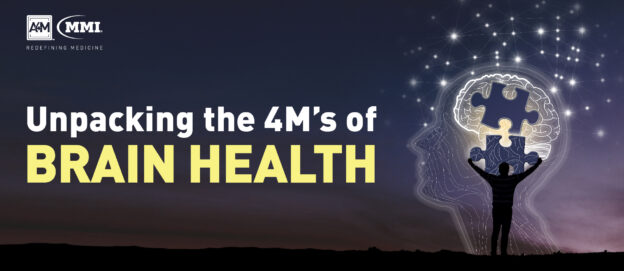A recent study indicates that a specific protein in human umbilical cord blood plasma has the potential to improve learning and memory in aging, older mice.

In 1972, research demonstrated that when pairs of rats were surgically attached, older rats had increased lifespan when sharing a bloodstream with young rats. This particular study spearheaded a scientific effort surrounding the understanding and consensus of aging: certain materials from younger bodies or organisms can often improve or rejuvenate older ones, when transplanted.
Further findings produced exciting research; scientists have previously shown that young blood can restore cell activity in the muscles and livers of aging mice, and that linking older mice to young when helped reverse heart muscle thickening.
Although many of the findings have not been successfully replicated, there is a unanimous agreement that—like humans—as mice and rats age, their bodies and behavior change on profoundly fundamental levels. Joe Castellano, a neuroscientist at Stanford University School of Medicine, saw that older mice tended to stop building nests, and became increasingly forgetful.
Castellano and his colleagues collectively hypothesized that young human blood might produce beneficial effects for aging mice; in a report published in the journal Nature, they state that they have located a protein in human umbilical cord blood that can improve both learning and memory in aging mice—a significant and exciting finding in the field of regenerative medicine.
The team collected plasma, the ‘watery part of blood,’ from people of different ages, in addition to plasma from human umbilical cords. They then injected human plasma from those different age groups, and from umbilical cord blood, into mice continuously over several weeks. The mice were aged 12 and 14 months, which is calculated to be approximately the mouse equivalent of being in late 50s or 60s.
When the mouse brains were dissected and the hippocampi were inspected, it was found that certain genes linked to the creation of new memories had been turned on in some of the mice. “So, we had a hint early on that one of these donor groups, specifically the [umbilical] cord plasma, might be having an effect on the brain itself,” Castellano says.
Castellano and his team then injected more aging mice with human plasma, and tested the animals’ ability to remember things. They found that after cord plasma treatment, mice escaped from a maze more rapidly; the performance in most areas was increased and improved. Similarly, mice treated with human umbilical cord performed better on memory tests.
A series of further experiments led Castellano and his colleagues to conclude that one specific protein—TIMP2—in human umbilical cord blood was responsible for the improvements. “The really exciting thing about this study, and previous studies that have come before it, is that we’ve sort of tapped into previously unappreciated potential of our blood — our plasma — and what it can do for reversing the harmful effects of aging on the brain,” says Castellano.
The research potentially hints at possible treatments and therapies that might ultimately work to prevent age-related illnesses from developing, including Alzheimer’s disease.


